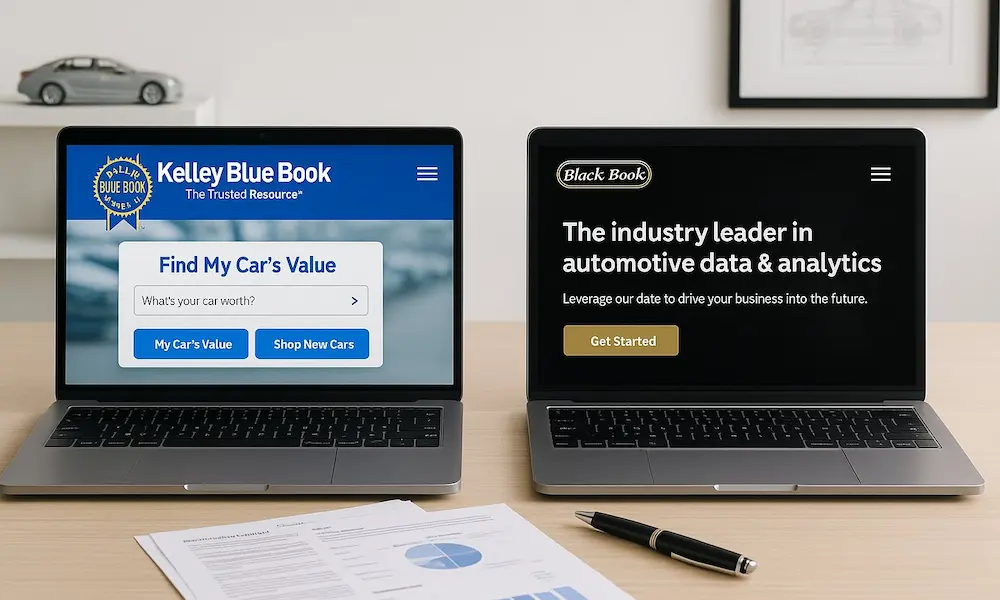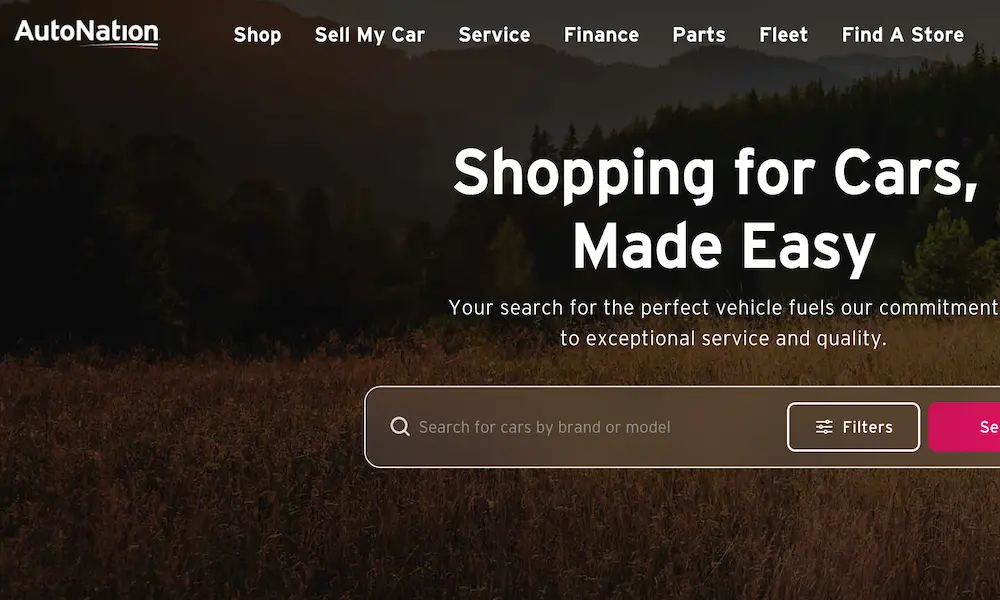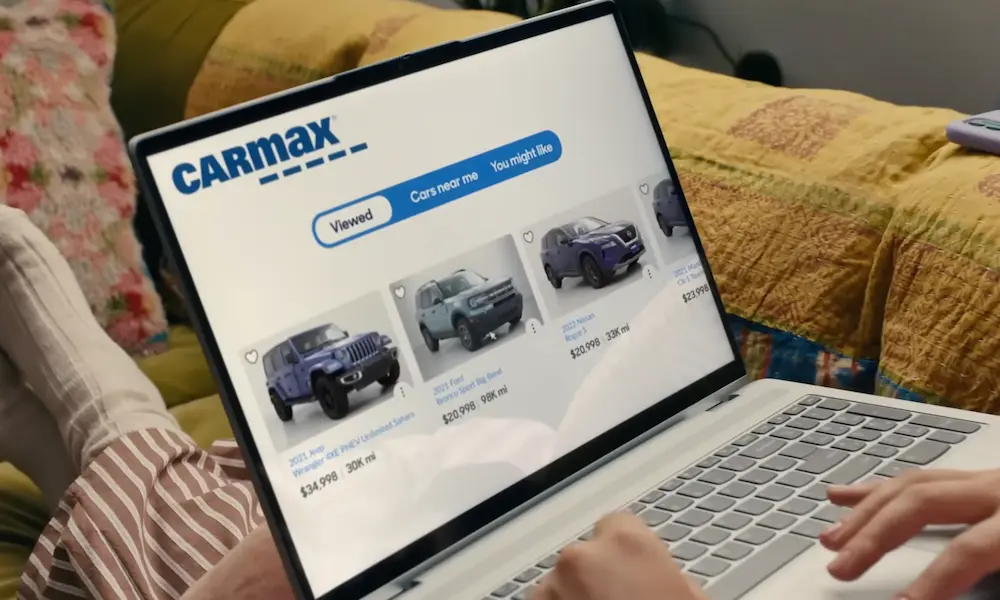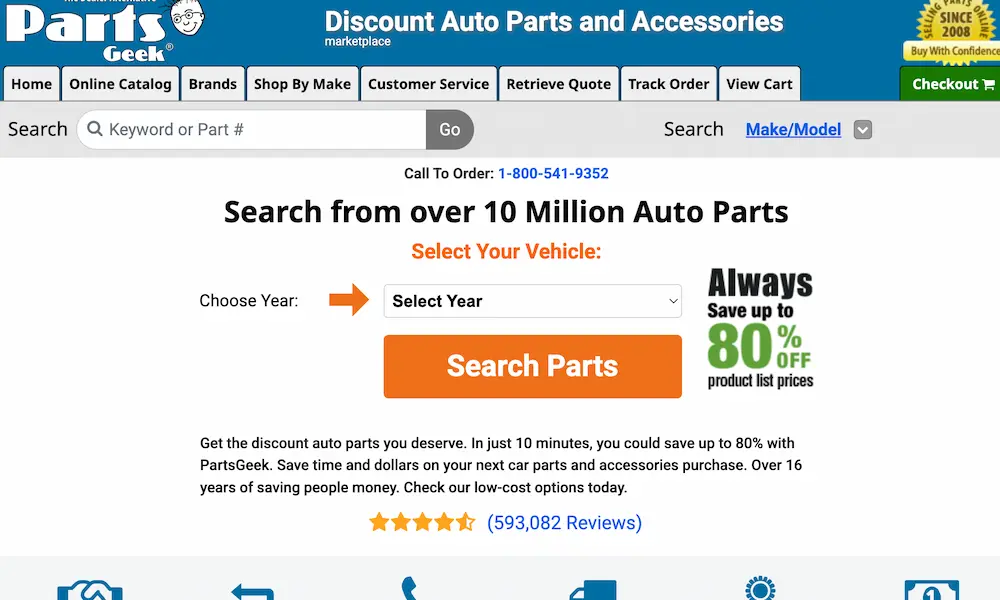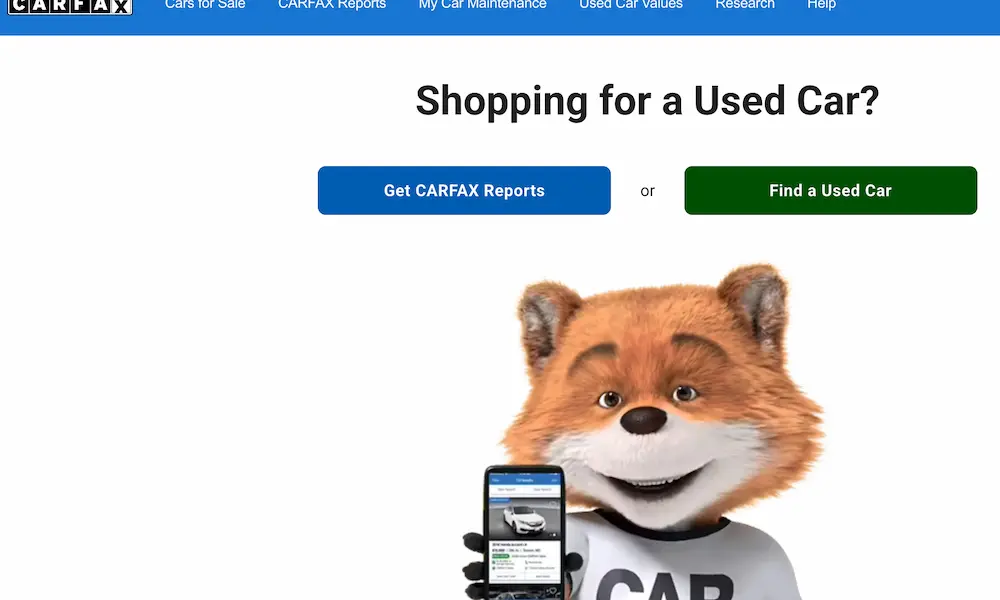Buying a car in California from out of state can be tricky, but it’s doable with the right steps. You’ll need to ensure the vehicle meets California’s smog laws to register it. This might seem like a hassle, but it ensures your car is road-legal. Stick around to learn the ins and outs of navigating the state’s regulations, saving you time and stress.
Understanding the Basics of Buying a Car Out of State
Buying a car out of state involves several steps and can offer some unique benefits, but it also comes with its own set of challenges. It’s important to be well-informed to navigate this process smoothly.
Advantages of Purchasing a Car Out of State
One significant advantage of buying a car in another state is the wider selection. You may find a specific make, model, or even a unique color that is hard to find locally.
Pricing is another benefit. Vehicles might be cheaper in certain states, especially if those states don’t impose high taxes on cars. You might also find that dealerships in other states are more willing to negotiate pricing, giving you a better deal.
Additionally, buying from out of state could mean lower sales taxes if that state has lower tax rates than your home state. For private party sales, you might avoid dealer fees altogether, which can save you some money.
If the vehicle has been taken care of well and is in good condition, the resale value could potentially be higher when you bring it back to your home state.
Potential Challenges
The paperwork involved in buying a car out of state is more complex. You will need to ensure you have all necessary documents like the bill of sale, title transfer, and potentially temporary registration.
You must contact your local DMV to understand the required documentation. Ensuring the vehicle has a clear title (not salvaged or under a lien) is crucial to avoid any legal issues. Getting a Vehicle History Report can help you verify this.
Insurance can also be tricky. Before you drive the car back home, you must have it insured to cover you in case of any accidents.
Transportation and shipping costs can add up quickly. Whether you choose to drive the car back yourself or use a shipping service, factor in those costs when making your purchase decision.
Pre-Purchase Considerations
Before buying a car from out of state and bringing it to California, you need to cover a few key areas. These include checking the vehicle’s history, ensuring it meets emissions and safety standards, and having it inspected by a trusted mechanic.
Researching the Vehicle’s History
Before committing to a car, verify its history. Obtain a vehicle history report from services like Carfax or AutoCheck. These reports include details about past accidents, ownership changes, and any title issues.
Make sure the vehicle has a clear title, meaning it isn’t salvaged or under a lien. A clear title ensures you’re not dealing with hidden financial or mechanical problems.
If possible, check for recall information. Verifying that any recalls have been addressed can save you future headaches and expenses. Always be cautious if something seems off in the report.
Understanding Emissions and Safety Requirements
California has some of the strictest emissions requirements in the United States. The California Air Resources Board (CARB) mandates that all vehicles must comply with specific emissions standards. This includes a smog certification for most vehicles.
Check whether the car meets California’s emission standards by confirming it has a federally approved emissions label. This label is usually found under the hood and indicates compliance. If the car doesn’t meet these standards, you will need to spend extra on modifications or find another vehicle that does.
Ensuring the car conforms to safety standards is equally important. Look for plans to meet both emissions and safety regulations before purchasing.
Inspection by a Qualified Mechanic
Arrange for a safety inspection by a certified mechanic to identify any potential issues that the vehicle history report might not cover. A thorough inspection should check the engine, transmission, brakes, and suspension.
Most mechanics will provide a detailed report indicating the current condition and any required repairs. This can help you avoid expensive repairs after the purchase. Ensuring the car is mechanically sound is crucial for your safety and peace of mind. Don’t skip this step, even if it costs extra time and money.
Financial Aspects of an Out-of-State Car Purchase
When buying a car from out of state for use in California, it’s essential to understand the various financial aspects involved. Consider factors like sales tax, title and registration fees, and financing options to avoid surprises.
Calculating Sales Tax and Use Tax
California requires you to pay sales tax on a vehicle purchased from another state if you plan to register it there. This tax is based on the purchase price. Additionally, if the car’s destination state has lower sales taxes than California, you might have to pay an additional “use tax” to make up the difference.
For example, if you bought a car in Oregon (which has no sales tax), you’ll owe California’s full sales tax rate. Always check the California DMV for accurate information.
Understanding Title and Registration Fees
Title and registration fees are crucial when registering an out-of-state car in California. The title fee is for transferring ownership of the vehicle, while registration fees allow you to legally operate it on California roads.
California requires the car to meet its smog standards, which could be an additional cost. Be prepared to also pay for any required inspections.
Financing and Auto Loans
When buying an out-of-state car, securing financing is essential. You can usually get an auto loan from your bank, credit union, or an online lender. Lenders will want to value the vehicle accurately, so they might need a vehicle history report.
Make sure you have car insurance set up before driving your new car back to California.
Legal and Documentation Requirements
When purchasing a car in California from out of state, there are several legal and documentation requirements to meet. You need to secure a bill of sale, handle the title transfer, and obtain proper insurance coverage.
Obtaining a Bill of Sale
A bill of sale is essential when buying a car from out of state. This document serves as proof of purchase and includes details like the vehicle’s make, model, year, and VIN. It should also outline the sale price and the names of both the buyer and seller. Make sure both parties sign the bill of sale. In California, this document is crucial for vehicle registration and title transfer processes.
Title Transfer and Registration Process
Transferring the title is a key step. You need the original signed title from the seller. If the title is lost, you need a duplicate from the state that issued it. Submit the signed title and bill of sale to the California DMV. You may need to fill out Form REG 343, known as the Application for Title or Registration. California also requires a smog certification for most cars.
Out-of-State Insurance Coverage
Before you hit the road, you’ll need car insurance that meets California standards. Contact your auto insurance provider to add coverage for your new vehicle. If you don’t have coverage, get quotes from different providers. Make sure your policy includes liability and other required coverages. Having insurance in place is mandatory for registering your car. Always carry proof of insurance in your vehicle in case of traffic stops or accidents. Insurance companies can guide you through the specific requirements.
Post-Purchase Steps
After buying a car in California from out of state, there are several important actions you need to take to ensure everything is legally compliant and ready for use.
Securing Temporary Registration
Before you can legally drive your new car home, you need temporary registration. This permit, often called a trip permit, allows you to operate the vehicle while waiting for permanent plates. You can get a temporary registration from the local DMV in the state where you bought the car. Make sure to carry proof of purchase and insurance when applying. It’s crucial to keep this permit with you to avoid fines or legal issues during your drive.
Vehicle Shipping Considerations
If you choose not to drive the vehicle home, consider shipping it. Shipping costs can vary based on distance and season. It’s vital to get several quotes and compare them. Companies like CarGurus Delivery can help simplify the process. Remember, regardless of shipping or driving, you must have valid insurance before moving the car. Weighing the costs and logistics of shipping versus driving is an important step.
Finalizing Local DMV Registration
Once your car is home, you need to finalize the registration with your local DMV. This process requires submitting documents such as the bill of sale, title transfer, and proof of insurance. Ensure the title is clear and not under any liens. You may also need to get a smog check, especially in California. Check with the local DMV to see if there are any additional state-specific forms or fees. Getting this completed promptly ensures your car is legally registered in your home state.
By following these steps, you’ll have a smooth experience bringing your new vehicle into California from another state.
Buying from a Private Seller vs Dealership
Purchasing a car out of state offers both opportunities and challenges. It’s important to understand the distinctions between buying from a private seller and a dealership, especially when you’re navigating California’s regulations for out-of-state vehicles.
Pros and Cons of Dealership Purchases
Pros:
- Convenience: Dealerships usually handle all the paperwork, making the process easier, especially for an out-of-state vehicle purchase.
- Variety: Dealerships have a wide range of used cars, which increases your chances of finding the right vehicle.
- Warranties and Support: Many dealerships offer warranties and after-sales support, providing added peace of mind.
Cons:
- Higher Prices: Due to overhead costs like salesperson commissions, cars at dealerships are generally more expensive.
- Sales Pressure: You might experience high-pressure sales tactics, which can make the process less enjoyable.
- Fees: Additional fees may be added, from documentation to dealership-specific charges.
What to Consider When Buying from a Private Seller
Buying a car from a private seller can be more personal and often less expensive but comes with its own set of considerations.
- Cost: Private sellers typically offer lower prices since they don’t have overhead costs.
- Selection: You’re limited to whatever vehicles private parties are currently selling, which can limit your choices.
- Paperwork: You and the seller must handle all the transaction paperwork yourselves, which can be complex when purchasing a car from another state.
- Trustworthiness: Ensuring the car is in good condition can be challenging. An inspection by a mechanic is always a good idea.
- Registration and Taxes: Navigating the specifics of registering and taxing a car in California when bought from a private seller out of state can be tricky. Make sure you understand California’s requirements to avoid surprises.
Choose the option that best fits your comfort level with the process, budget, and needs.


